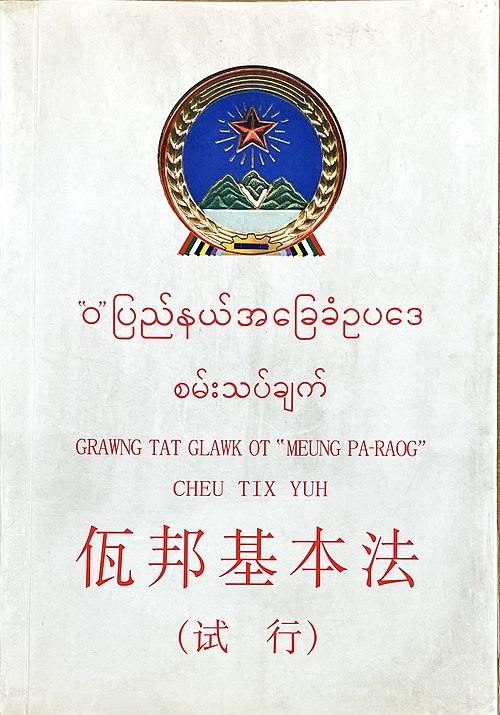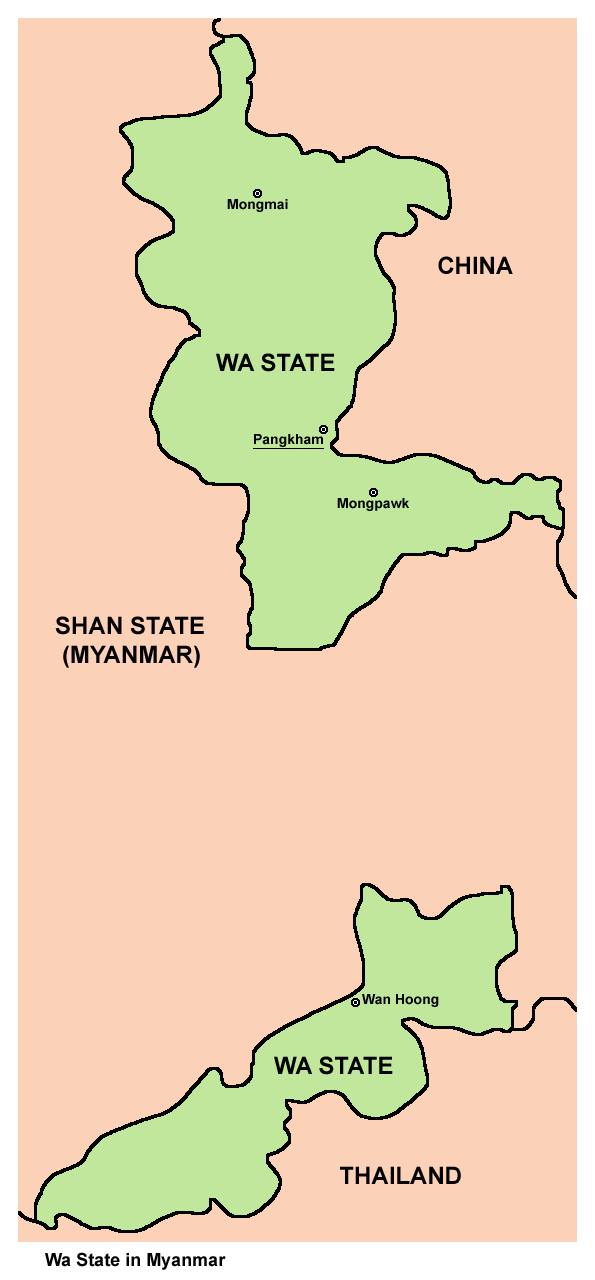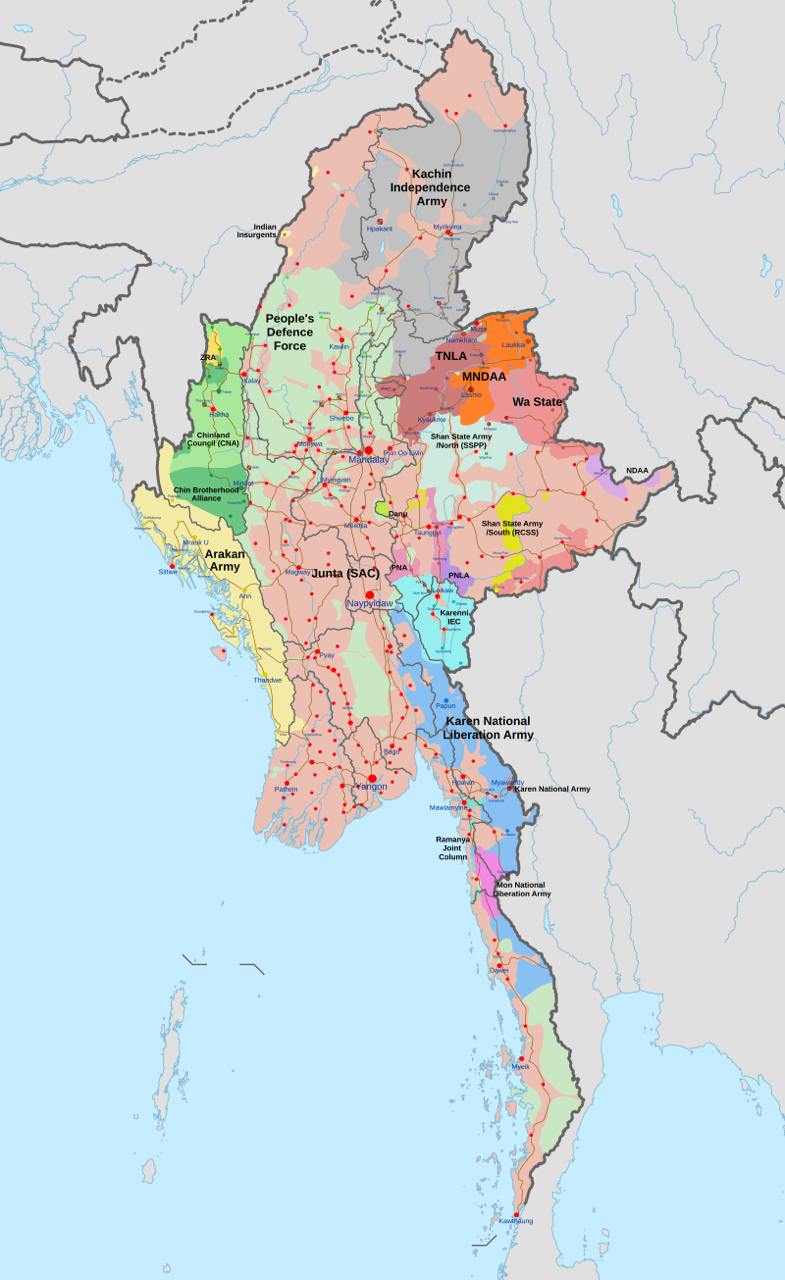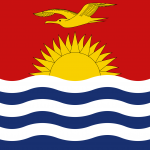Wa State is one of the most intriguing and lesser-known autonomous regions in Myanmar. Nestled along the rugged border with China, this self-governed territory operates with a significant degree of independence from the central government in Naypyidaw. Unlike many other parts of Myanmar embroiled in ethnic conflict, Wa State presents a unique model — one heavily influenced by communist ideology and a focus on local governance and stability.
Table of Contents
Historical Background: From Guerrilla Stronghold to Autonomous Region
The origins of Wa State are deeply entwined with Myanmar’s complex ethnic and political landscape. The Wa people, an ethnic minority inhabiting this mountainous region, historically lived in relative isolation. However, decades of civil war in Myanmar reshaped the area dramatically.
The United Wa State Army (UWSA), the armed wing of the Wa people, emerged during the late 20th century as a powerful ethnic militia after the collapse of the Communist Party of Burma in 1989. Following the party’s disintegration, the UWSA took control of the Wa region, establishing its own administration and security apparatus. Today, Wa State functions almost like an independent entity, despite lacking formal international recognition.
The UWSA negotiated a ceasefire agreement with Myanmar’s military government, allowing it to maintain control over the region while avoiding direct conflict. This arrangement has provided the basis for the Wa’s autonomous governance and the implementation of their unique political and economic systems.


Photo: Wikipedia
The Communist Influence in Wa State
Wa State’s governance model is distinctly shaped by its communist roots. The UWSA and Wa authorities have maintained strong ideological ties to Marxist-Leninist principles, albeit adapted to local conditions. The political leadership emphasizes collective ownership and social cohesion within the region.
The Wa government organizes society through a system of village committees and local councils, ensuring that decisions are made with broad community participation. Agriculture, the backbone of the local economy, is often managed communally, with a focus on self-reliance and sustainability.
Education and healthcare in Wa State also follow socialist principles, with the government investing in schools and clinics despite limited resources. Although these services may not match those in Myanmar’s major cities, they represent significant progress compared to other conflict-affected areas.

Map of the Wa State in Myanmar.
Stability Through Strong Governance and Security
One of Wa State’s most notable achievements is its relative stability amid Myanmar’s broader turbulence. The region’s strong governance structures, combined with the UWSA’s military capacity, have deterred large-scale conflict. This security allows Wa authorities to focus on economic development and social services without constant disruption.
While critics point to authoritarian tendencies within Wa State’s leadership, many locals view the government’s firm control as necessary to maintain peace and protect the community from external threats.
The region’s borders with China also provide economic opportunities. Cross-border trade and investment have helped fund infrastructure projects and improve livelihoods. The Wa leadership has cultivated close ties with Chinese authorities, leveraging this relationship for economic gain while maintaining political autonomy.

Areas controlled by Wa State amid the Myanmar civil war (2021–present)
Challenges and Criticisms
Despite its successes, Wa State faces several challenges. The lack of formal recognition complicates efforts to integrate with Myanmar’s national framework and limits access to international aid.
Human rights groups have raised concerns about political repression and the suppression of dissent within the region. However, supporters argue that the state of ongoing conflict and external threats justify stringent measures to maintain order and unity.
Economically, while cross-border trade brings revenue, the region remains heavily reliant on agriculture and natural resources, with limited industrial development. The opium trade, though reportedly reduced, has historically been a concern in the Wa area and continues to pose challenges.
Looking Ahead: The Future of Wa State
Wa State’s future is closely tied to the broader political situation in Myanmar and Southeast Asia. With Myanmar’s ongoing conflicts and political instability, Wa’s autonomous status offers a measure of security that many in the country lack.
There is potential for the Wa leadership to play a constructive role in Myanmar’s peace process, given their strong governance and control over a significant territory. However, this will depend on negotiations with the central government and the willingness of all parties to engage in dialogue.
The region’s communist-inspired governance presents a rare example of socialism being actively practiced in Southeast Asia outside of Vietnam, Laos, and China. Its model offers insights into how local autonomy and ideological commitment can combine to produce relative stability in a conflict-prone environment.
Conclusion
Wa State stands out in Myanmar as a self-governed region committed to a unique blend of communist principles and ethnic autonomy. While not without controversy or challenges, it represents an alternative path amid the country’s broader turmoil.
For those interested in Myanmar’s complex political tapestry and the varied approaches to governance and resistance, Wa State remains a compelling case study.
And while we cannot visit Wa State (yet), this is something YPT are very much looking into. In the meantime though we can take you to Myanmar.





